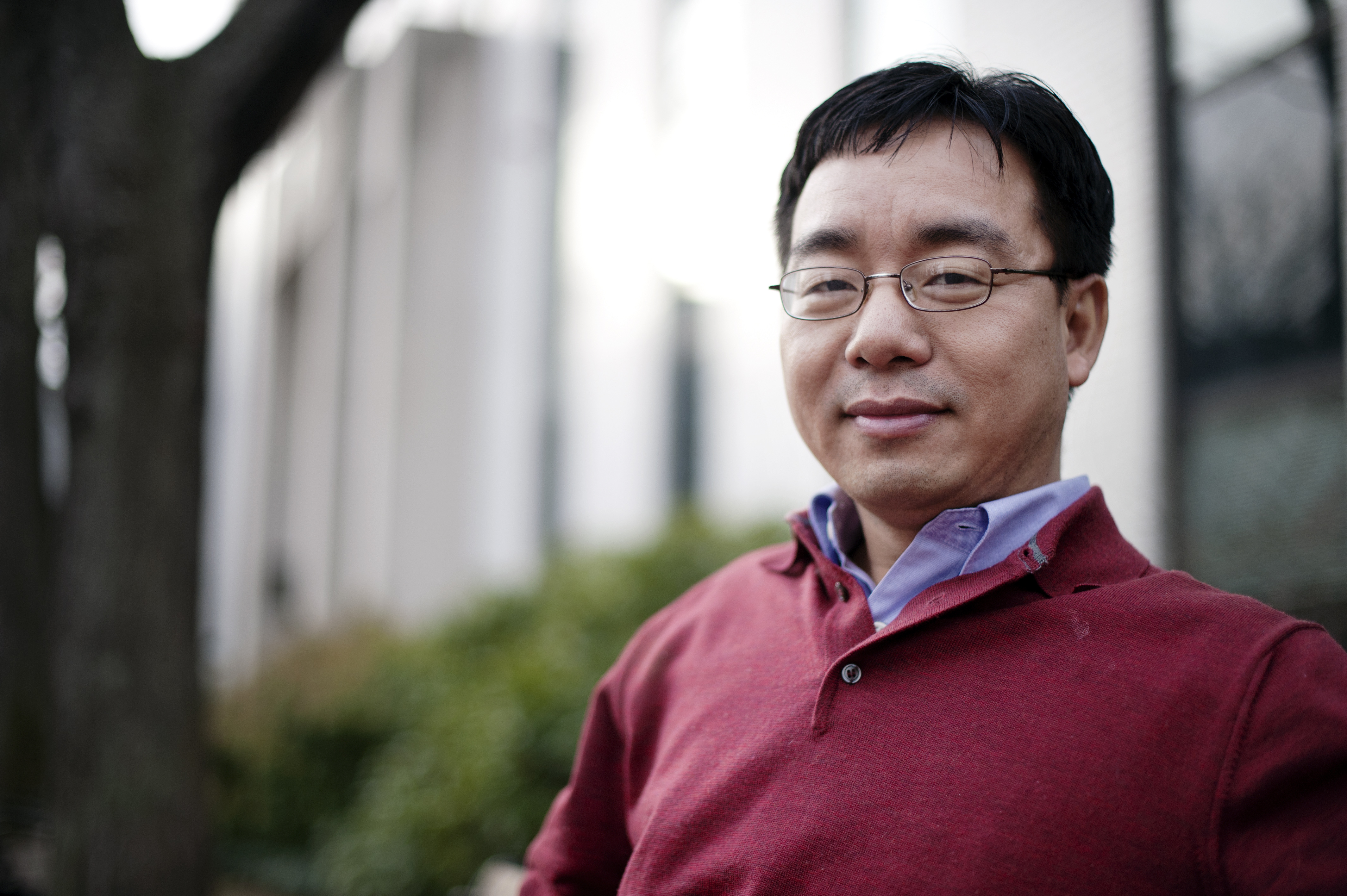by Jeff Cutler
The most powerful and valuable experiences Yunrong Chai has had as a biology professor and researcher have come from unexpected occurrences in the laboratory. Since the finding that bacteria are capable of forming multicellular aggregates — or biofilms — decades ago, research on biofilms has drawn strong interests because of clinical relevance of the biofilms.
According to Chai, bacteria form biofilms that can be highly resistant to antibiotic treatment. The result of which can be chronic infections in patients. His research is to better understand the “details of such decision-making processes in certain bacteria…to combat those biofilm-forming bacteria.”
But the path to success is a difficult one. He says the field of study is still heavily focused on observation-based research. That’s why the unexpected is so important.
“Once in a while, you will observe something unexpected, something surprising to you,” said Chai. “Or even contradictory to the common sense. These are the most exciting parts of your research life.”
In three years at Northeastern, Chai has helped – in collaboration with research groups at Harvard – provide techniques essential to understanding and driving future research in this field. These collaborative experiences were driven by resources provided by the College of Science, he says.
“The College of Science has provided various platforms and mechanisms to encourage research collaborations,” said Chai. “For example, my group has collaborated with other groups in engineering. We have been working together to investigate biofilm assembly and disassembly using a combination of molecular, material, and engineering approaches.”
Beyond that, Chai says that the environment at Northeastern University is one of learning. A path he fully understands, as his route to becoming a biology professor included a variety of rigorous training steps.
“I majored in microbiology in college, got a PhD in microbiology studying canonical bacterial cell-cell communication mechanism, and as a post-doctoral fellow, I spent six years trying to understand how bacteria build the so-called multicellular community,” he said. “All of these training experiences are important to me.”
Looking ahead, Chai is focused on passing along the drive for discovery to his students. He says his own experience of careful observations and deep thinking has helped him be successful. The same steps are necessary for anyone to understand and excel in science.
Ultimately, Chai is looking forward to a day when resistant bacteria can be combatted with scientific efforts.
“I hope my research in bacterial biofilms will provide more insights and deeper understanding at molecular levels in terms of general questions like how bacteria decide to make a biofilm,” said Chai. “What environmental signals trigger biofilm formation? Ultimately, this knowledge will help us come up with novel solutions and strategies in combating bacterial biofilms, which is a major health issue in the clinical field.”
Further, on his bucket list of educational accomplishments is for the students he teaches and mentors to “become the best scientists and scholars in the world.”
“As we work together and grow this research community,” said Chai. “Our collaborative researches will lead to novel effective solutions to combat bacterial biofilm in the near future.”
We can hope that the future brings more unexpected discoveries and continued success for Chai and his fellow researchers. The field of biology and the health of the world might depend on it.

